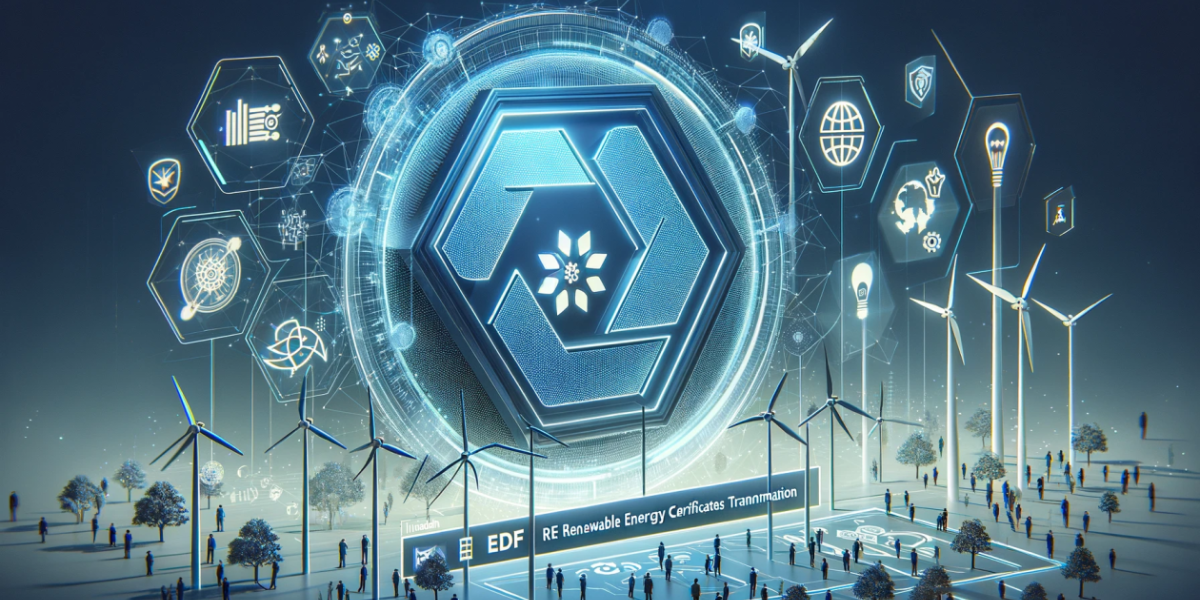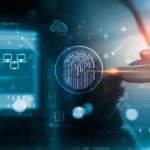
In the fast-paced realm of technology, the need for robust security measures is non-negotiable. Extended Validation SSL certificates (EV SSL) have emerged as a beacon of trust, ensuring secure online transactions. Beyond their primary function, these certificates also have a significant environmental footprint, a facet often overlooked in the tech discourse.
Understanding Extended Validation SSL Certificates
Extended Validation SSL certificates, or EV SSL certificates, go beyond the conventional SSL security. They provide an additional layer of assurance by validating the legitimacy of the entity behind the website. This process involves a rigorous vetting procedure, enhancing user confidence in the site’s authenticity.
The Environmental Price Tag of EV SSL Certificates
While EV SSL certificates bolster online security, it’s crucial to delve into their environmental impact. The intricate validation process and encryption algorithms demand substantial computing power, leading to increased energy consumption. As the tech landscape shifts towards sustainability, evaluating this impact becomes imperative.
Unraveling the Energy Consumption
The energy-intensive nature of EV SSL certificates stems from cryptographic processes during key generation, verification, and encryption. Research indicates that this added computational load translates into higher electricity consumption, contributing to the carbon footprint associated with secure online transactions.
Sustainable Alternatives in SSL Certificates
As environmental consciousness grows, so does the demand for eco-friendly solutions. Alternative SSL certificate options, such as Domain Validation (DV) and Organization Validation (OV), provide secure encryption without the extensive validation process. Assessing the trade-offs between security and sustainability becomes pivotal in this context.
Navigating the Green SSL Landscape
The SSL industry is witnessing a paradigm shift towards greener alternatives. Companies are now exploring ways to optimize SSL protocols and certificate processes to minimize energy consumption. This shift aligns with the broader goal of creating a sustainable digital infrastructure.
The Business Case for Sustainable SSL
Beyond environmental considerations, the adoption of green SSL certificates can be a strategic move for businesses. Consumers are increasingly eco-conscious, and showcasing a commitment to sustainability can enhance a company’s brand image and customer loyalty.
Balancing Security and Sustainability
The challenge lies in striking a balance between robust security measures and environmental responsibility. Collaborative efforts within the tech industry are crucial to developing innovative solutions that meet both criteria.
Future Trends in SSL and Environmental Responsibility
As technology advances, so will the quest for greener security solutions. Future trends may include the development of energy-efficient encryption algorithms, streamlined certificate validation processes, and a collective commitment to reducing the carbon footprint of online security.
Final Words
In a world where every digital move leaves an environmental trace, it’s imperative to scrutinize the ecological impact of security measures. EV SSL certificates, while enhancing trust in online interactions, come with a notable environmental cost. As the tech community embraces sustainability, the dialogue around green security becomes more crucial than ever.
Commonly Asked Questions
Q1. Are EV SSL certificates essential for all websites?
EV SSL certificates are beneficial for e-commerce and sites handling sensitive data. For others, DV or OV certificates may offer a more sustainable option.
Q2. How can businesses balance security and sustainability in SSL?
Businesses can explore green SSL alternatives, participate in industry collaborations for eco-friendly solutions, and communicate their commitment to sustainability.
Q3. Do green SSL certificates compromise on security?
No, green SSL certificates aim to maintain security while reducing environmental impact. They may, however, require businesses to assess their specific security needs.
Q4. What innovations are on the horizon for sustainable SSL?
Ongoing research focuses on energy-efficient encryption algorithms and optimizing validation processes to create a more environmentally friendly SSL landscape.
Q5. How can consumers contribute to green security practices?
By supporting businesses that prioritize green SSL, consumers play a pivotal role in encouraging sustainability within the tech industry.
Advertisement








